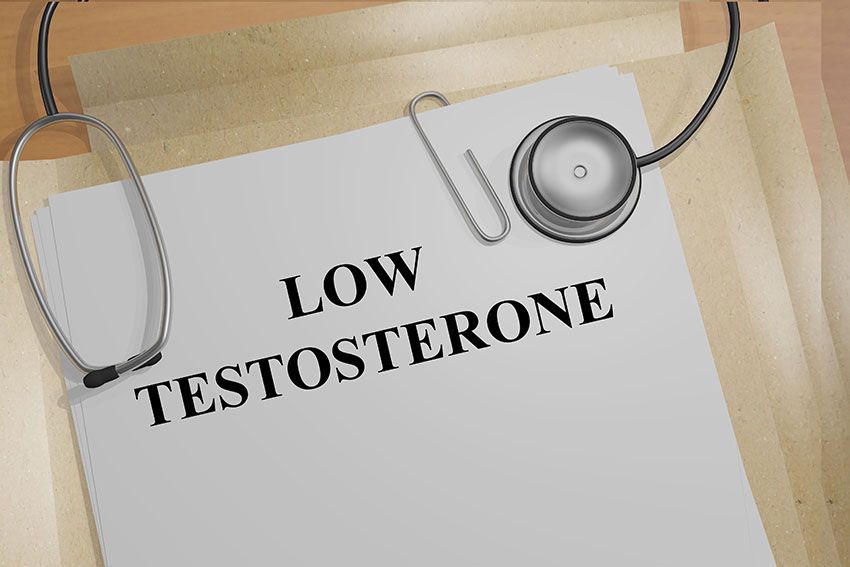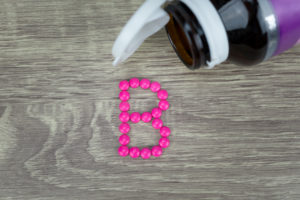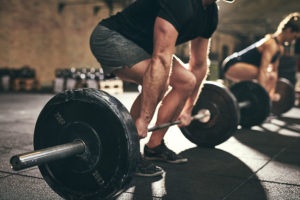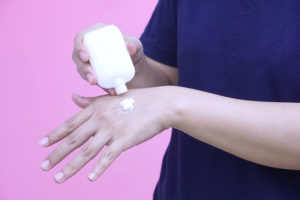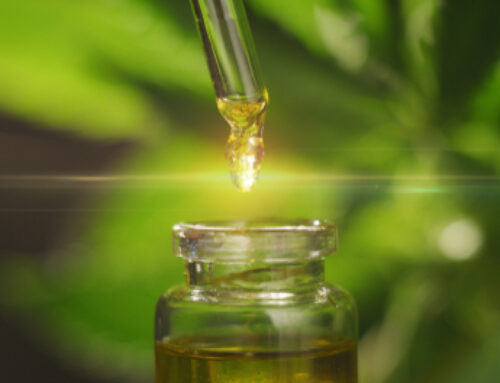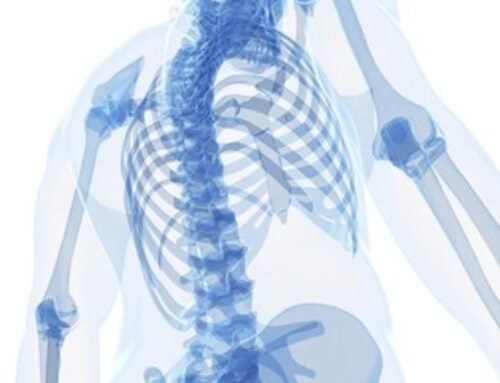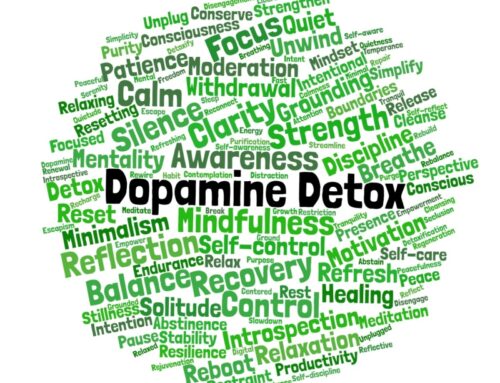In part 1 of this series we focused on the impact that low testosterone has on the health of both men and women. We started to outline a few causes of low testosterone and gave you some tips on how to eliminate the deleterious effects of those causes. In part 2 we continue to look at the root of low testosterone and go even further with lifestyle and supplementation strategies to support the body’s natural production of this very important hormone.
Most men and women who eat a standard western diet are not getting the nutrition for robust testosterone production. Zinc is necessary for release of luteinizing hormone—the precursor to testosterone. And both magnesium and vitamin D have anti-aromatase action, preventing testosterone from turning into estrogen.
Fix It: Shift to a nutrient-rich, whole foods diet to supply the nutrients necessary for metabolic function and testosterone release. If you are still having symptoms, targeted supplementation will often help.
#7: LACK OF SLEEP
Sleep deprivation affects your HPA axis that regulates hormones, triggering an increase in the stress hormone cortisol and a subsequent drop in testosterone. Lack of sleep also raises glucose levels, negatively affecting metabolic function and decreasing testosterone.
Fix It: Sleep needs vary from person to person. The key is to make sure the time you spend snoozing is restful. A bedtime ritual, a dark, electronics-free bedroom, and melatonin supplementation are all tools to promote a good night’s rest.
#8: CHRONIC STRESS
Stress drains testosterone levels, leading the body to pump out muscle-degrading cortisol. When experienced chronically, stress encourages food intake and stimulates fat storage around the belly—two actions that further drive down testosterone.
Fix It: Figure out what activities allow you to get out of “fight-or-flight” mode and into relaxation: Meditation, strength training, and martial arts are all options that can help you release stress and give your testosterone levels a boost.
#9: REGULAR ALCOHOL USE
Alcohol raises aromatase, leading the body to turn precious testosterone into estrogen. Alcohol also dehydrates you (another testosterone-lowering factor), raises blood sugar, and decreases insulin sensitivity. Then there are the empty calories that the body deposits around the waist line when calories are excessive.
Fix It: Eliminate alcohol for healthy testosterone. Favoring red wine in very limited moderation with food may be an acceptable alternative for people who can’t give alcohol up, but beer should be avoided.
#10: TOO MUCH ENDURANCE TRAINING
Low testosterone and elevated cortisol are a hallmark of extreme endurance athletes. The combination often leads to low muscle and bone mass. It’s also associated with reduced strength and power. Running a few miles a few days a week is unlikely to cause a problem, but high volume training, such as that performed by marathoners, triathletes, and even serious CrossFitters may lead to hormone imbalances and reduced testosterone.
Fix It: Dial back on training volume to lower cortisol and restore testosterone. Substituting strength training or sprinting for long distance running may also help: Both have been shown to increase release of testosterone, while improving regulation of the HPA axis.
Lifestyle Strategies For Balancing Testosterone
One of the most effective ways to improve testosterone is with a stress management program that supports the adrenal glands. Remember the adrenals are the source of about 25 percent of testosterone and they can get depleted in response to poor diet and chronic stress. Here are several lifestyle actions you can take to support the adrenals.
Solve sleep issues
Sleep deprivation triggers an increase in cortisol and sends blood sugar and insulin out of whack, triggering a drop in testosterone. Whether it takes a sleep routine (set bedtime, grateful log, dim lights at night), supplementation (melatonin, magnesium), or sleeping according to your chronotype (natural tendency toward being a morning or evening person), solving sleep issues is your first line of defense for improving hormone balance.
Eat real food
Choosing a diet based on whole foods including meat, seafood, plants, eggs, and dairy will help balance blood sugar and insulin, setting the stage for equilibrium among your hormones. A healthy diet also provides the building blocks for testosterone production, providing cholesterol to synthesize steroid hormones along with other nutrients that will minimize aromatase and inflammation.
Prayer
Prayer has many positive effects. Not only does it help your spiritual life, it also has a profound effect on your physiological life. Prayer is a go-to habit for stress management because it can improve release of testosterone and related androgen hormones such as DHEA. Prayer also helps you handle difficult challenges better by shoring up mental and biological resources.
Supplementation
Certain key nutrients have a powerful impact on hormone balance, helping the body manage stress and improve testosterone release. Eating a clean nutrient dense diet can improve deficiencies in these key minerals and amino acids. However, even the healthiest diet can use some assistance. Below are the supplements that I would focus on to support testosterone production.
Zinc has a mild effect on aromatase, reducing the transfer of testosterone to estrogen. In women it reduces inflammation that targets the ovaries and breast tissue. For men it can prevent the degradation of testosterone aiding to keep levels in normal ranges.
Vitamin C
Vitamin C is a known antioxidant that scavenges up free radicals that cause inflammation. Vitamin C is important in many metabolic reactions needed for metabolism and immune function.
Magnesium
Best known as the anti-stress mineral, magnesium plays a central role in the body’s hormonal cascade and has also been shown to help overcome testosterone deficiency in men.
Vitamin D
Vitamin D plays multiple roles in helping to regulate testosterone: Not only does it help inhibit aromatase, this pro-hormone enhances the sensitivity of cell receptors that release testosterone. Supplementation has been shown to overcome testosterone deficiency in men.
L-arginine
L-arginine can help reduce the effects of low testosterone. It promotes blood flow into the capillaries and the release of nitric oxide. This helps to promote blood flow into the deep parts of skeletal muscle aiding in muscle recovery. It can also help to reduce the most common side effects of low testosterone in men.
Along with helping minimize body fat levels, intense exercise triggers testosterone release in men and women, while helping to reset the body’s stress response. Instead of logging hours on a treadmill or elliptical, do strength training with heavier weights that target the whole body: Deadlifts, squats, lunges, presses, and rows should make up the majority of your workout.
Testing for testosterone
Measuring testosterone is complicated because blood levels do not correlate with the amount of testosterone that is active in peripheral tissues where testosterone exerts its action. Additionally, in order for testosterone to “work,” cell receptors need to be sensitive to testosterone in a similar way they have to be sensitive to insulin to be able to use glucose.
Scientists recommend using liquid or gas chromatography and tandem mass spectrometry assays to reliably measure testosterone. Serum DHEA-S is the most reliable measure of adrenal androgen production.
Testosterone replacement considerations
For some men and women, it’s possible that lifestyle actions, including exercise, stress management, and a healthy, nutrient-rich diet can help restore testosterone levels. For others, replacement therapy may be indicated. According to a review of the issue, short-term low-dose transdermal formulations (such as a testosterone cream) are the preferred method of testosterone delivery. Oral testosterone undergoes first-pass metabolism in the liver and tends to be associated with more side effects and adverse events than other formulations. As a general rule, women should avoid supraphysiologic dosing and should be prescribed a tenth of the recommended male dose—or less.
For more information on this subject, feel free to ask. If we can not help you in our office, we will be happy to point you to qualified health practitioners in our area who can. Our goal is to help you become healthier than you have ever been. We understand that to accomplish this we may need to include the help from other health fields.

Daryl C. Rich, D.C., C.S.C.S.
 10% off Testosterone Support Supplements
10% off Testosterone Support Supplements
Zinc/Vitamin C, Magnesium, Vitamin D, and L-Arginine.

